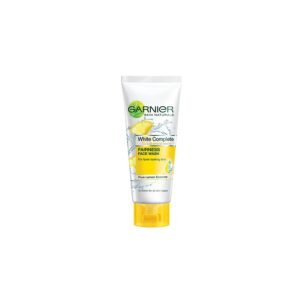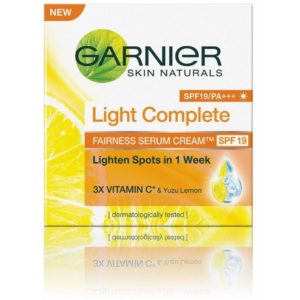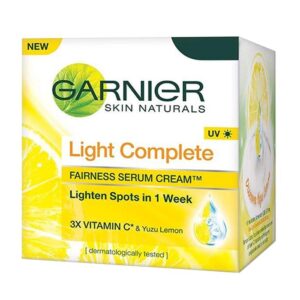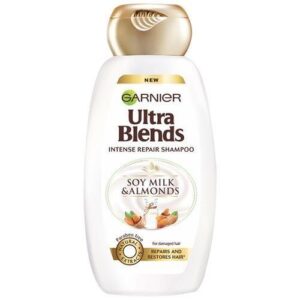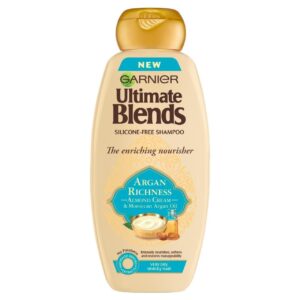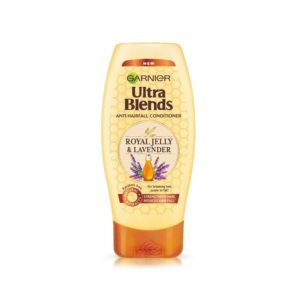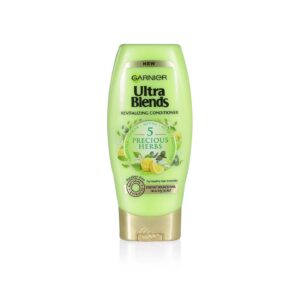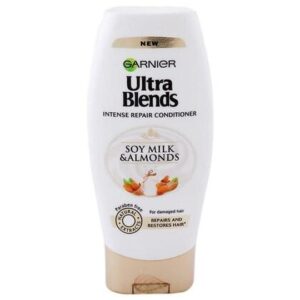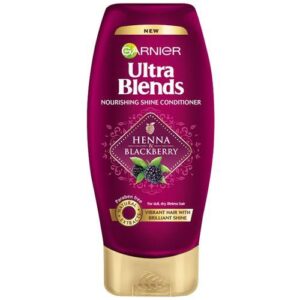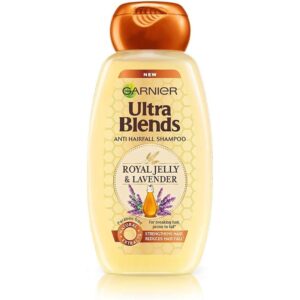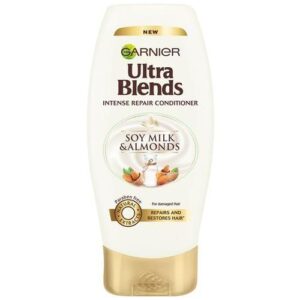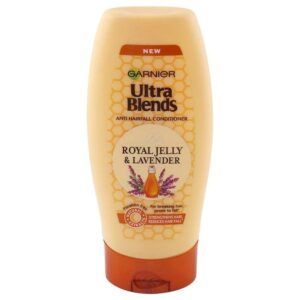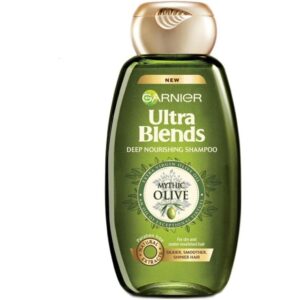ANTI-AGEING CREAM
ANTI-AGEING CREAM: I’m sorry, but there isn’t a specific drug called “Anti-ageing cream.” “Anti-ageing cream” is a broad term used to describe a variety of cosmetic products marketed to reduce the signs of ageing on the skin. These creams usually contain various ingredients that aim to improve the appearance of wrinkles, firmness, and overall skin texture.
The use of anti-ageing creams is primarily cosmetic, aiming to hydrate the skin, stimulate collagen production, and reduce the appearance of fine lines and wrinkles. They are typically applied topically on the face or other areas prone to ageing, following the instructions provided with the specific product.
The mechanism of action of anti-ageing creams varies depending on their ingredients. Some common ingredients found in these creams include retinoids (such as retinol or retinyl palmitate) that promote cell turnover and collagen production, antioxidants (such as vitamin C or E) that protect against free radical damage, and peptides that stimulate collagen synthesis. Specific ingredients and their effects can vary greatly from one product to another.
Anti-ageing creams are generally considered safe when used as directed. However, individual reactions to specific ingredients are possible. Common side effects may include skin irritation, redness, itching, or dryness. It’s recommended to perform a patch test on a small area of the skin before using a new product to check for any adverse reactions. If any severe or persistent side effects occur, it’s advisable to discontinue use and consult a healthcare professional.
It’s important to note that while anti-ageing creams may provide temporary improvements in the appearance of the skin, they cannot reverse the natural ageing process or provide long-lasting results. To effectively address ageing concerns, it is often recommended to follow a comprehensive skincare routine that includes sunscreen, moisturizer, and other treatments as recommended by a dermatologist.

